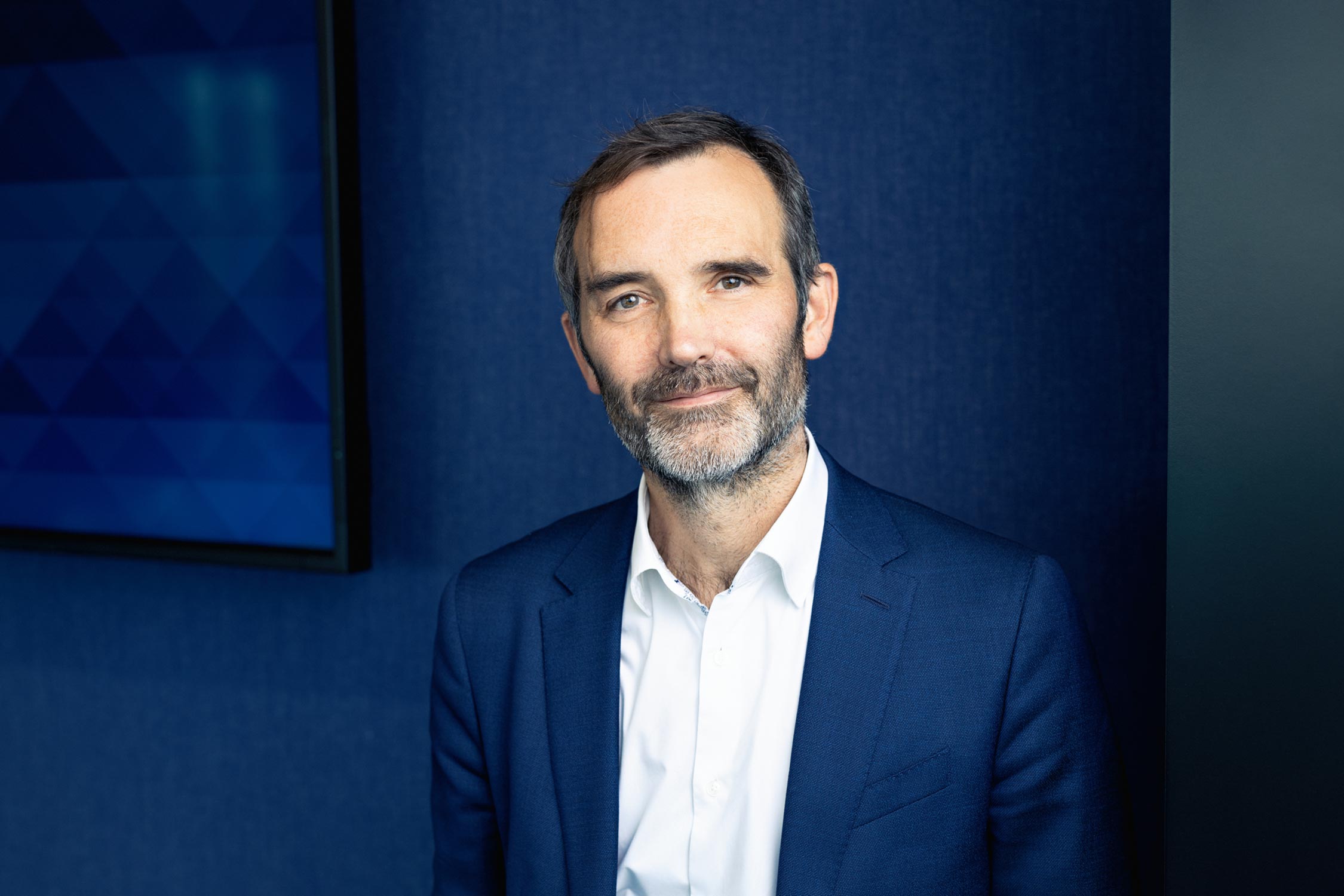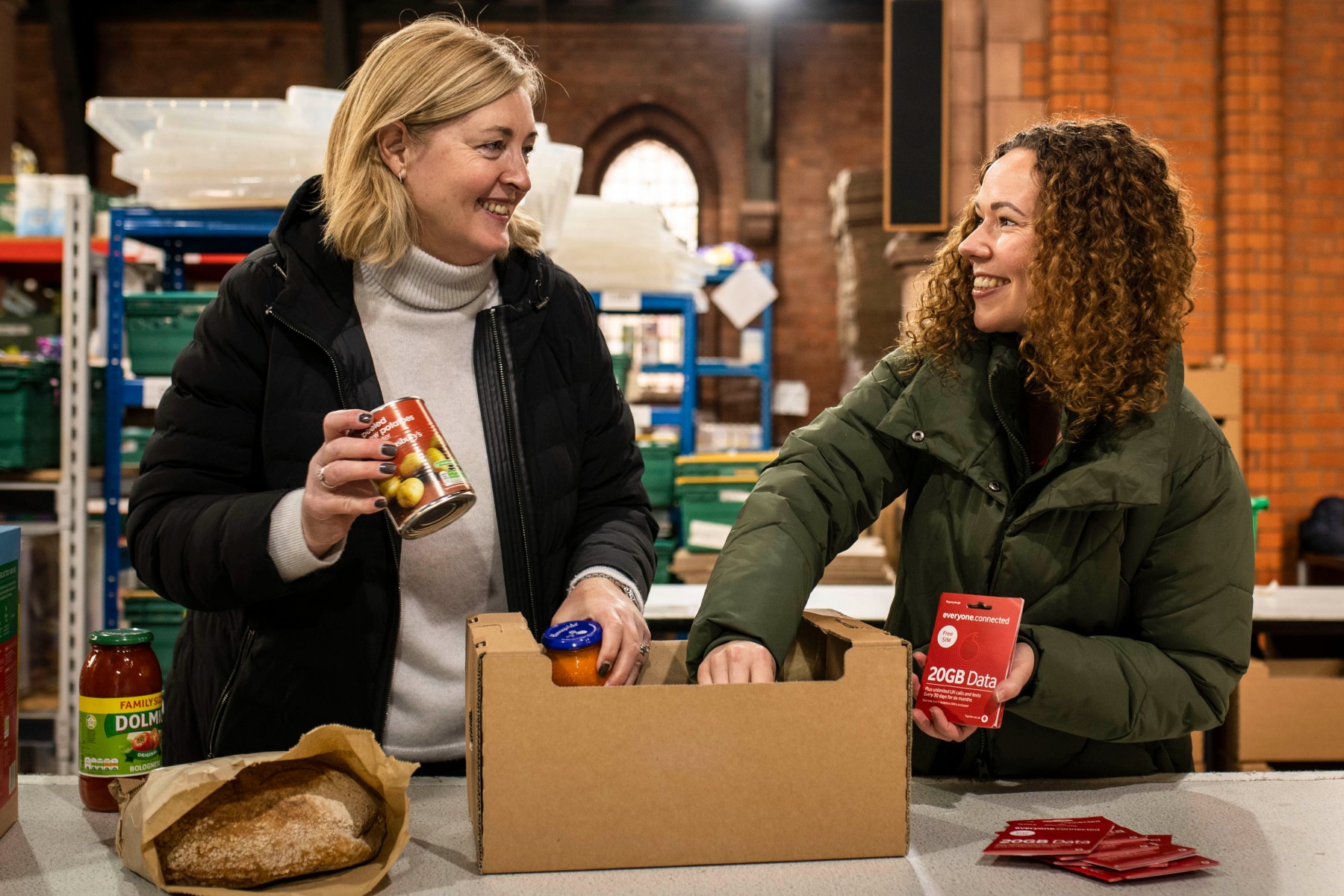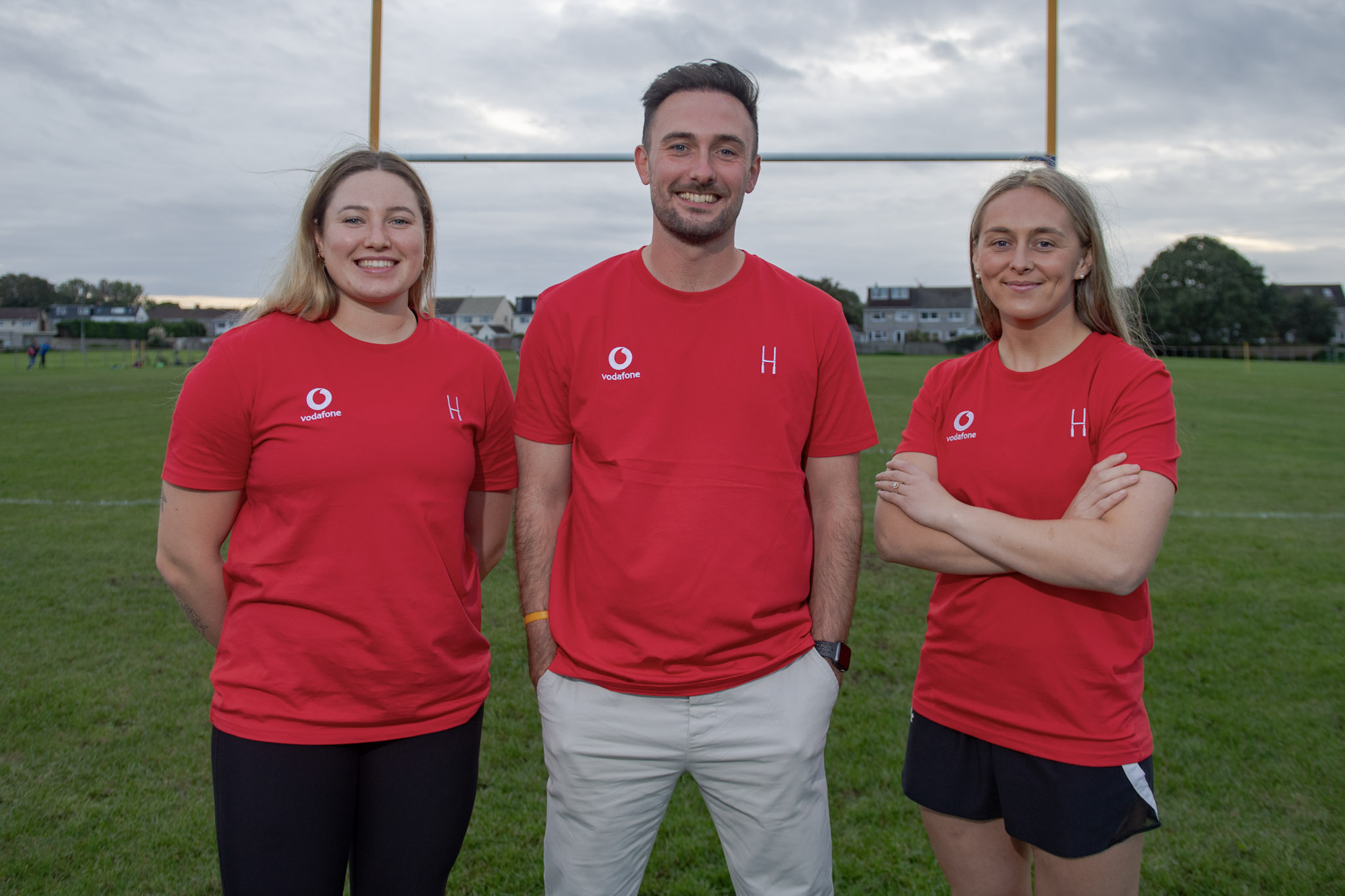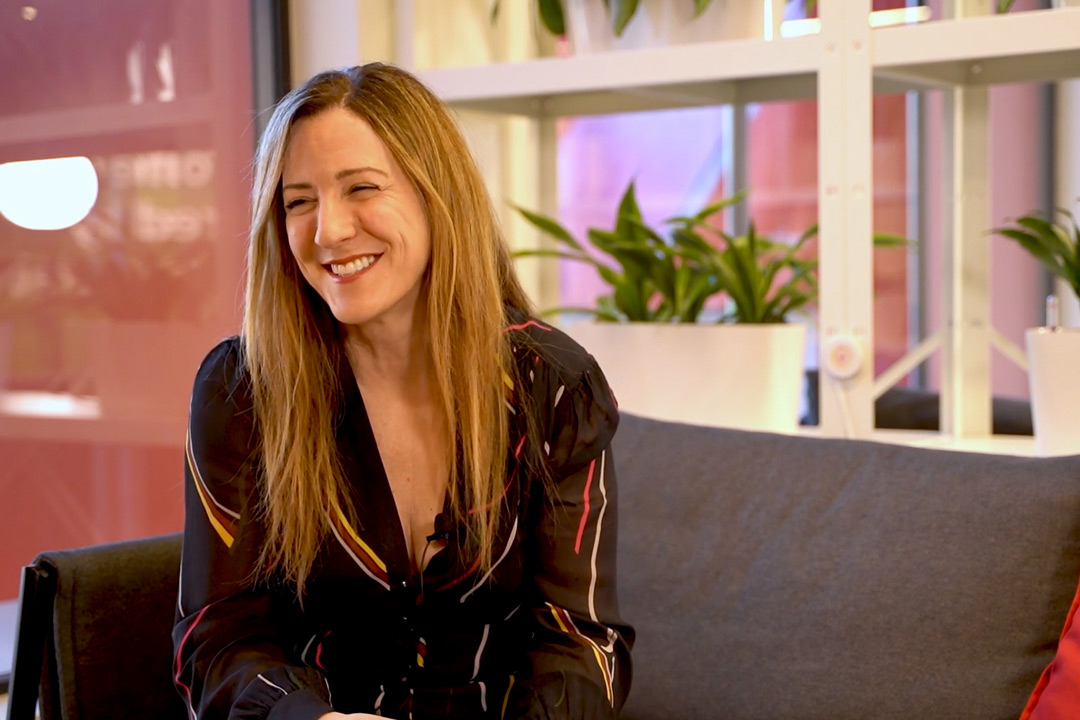Following a successful Safer Internet Day 2024, we spoke to Childnet CEO Will Gardner around this year’s impact report, and what it tells us about the state of online safety for young people.
From tech companies to teaching unions, football clubs to government departments, Safer Internet Day (SID) has been connecting almost every part of UK society since its launch in 2004.
Now coordinated by the UK Safer Internet Centre – a partnership between Childnet, the Internet Watch Foundation and South West Grid for Learning (SWGfL) – the annual event has since taken on a life of its own.
Childnet’s latest Impact report on SID 2024 tells this story in full. This year, for example, saw more than 2,000 organisations register as supporters,1.6 million film views, almost 100,000 resource downloads and more than 25,000 young people test themselves through an online quiz, following events held up and down the country to mark the day.
All of which was geared towards raising awareness of current and emerging online issues for young people.
What to do when your child encounters unsuitable content online
Nicola, 37, of Norfolk, describes the moment she found her child had been exposed to more online than she'd bargained for. We ask the experts how parents should respond when this happens.
“Every generation’s experience is different”
But while the charities are central to driving the cause, and private partners like Vodafone play an important role in supporting its success, young people remain firmly at its centre.
This has been no more evident than during the last few years, epitomised by the fact that the keynote speech during Safer Internet Day 2023 was delivered by a fourteen-year-old, as Childnet CEO Will Gardner OBE was happy to tell us recently:
“He spoke to an audience of several hundred people, explaining that – and I’m quoting him now – ‘every generation’s experience of youth is different. Ours is framed by social media.’
“And, in just two sentences, he clearly explained to us why it’s so important to listen to children on this issue of online safety.”
Social media and parental controls: Everything you need to know
Digital Awareness UK's Emma Robertson takes us through the social media safety features we definitely need to know about.
Reflecting on 2024’s impact
In a similar vein, SID 2024 was created in consultation with young people across the UK. Focusing on how the online world is changing, the UK Safer Internet Centre engaged young people directly to hear their perspectives on how technologies are used, and what changes may be needed to improve this experience.
While the day itself takes place in February, every following April or May sees Childnet launch its own report exploring the campaign’s reach and impact. The survey, which polls young people, parents and carers, revealed this year that:
- 52% of UK children aged 8-17 had heard about Safer Internet Day, with 76% of those learning something new about online safety because of it.
- As a result of the day, 77% felt more confident about what to do if something is worrying them online.
- In turn, 64% of parents and carers felt better prepared to keep their child safe online following Safer Internet Day 2024.
The changing face of tech
Though the technologies driving today’s conversations may be unrecognisable from those used 20 years ago, Gardner – who joined Childnet in 2000 – is quick to stress that youth engagement has always been central to SID’s success.
“The era in which I started at Childnet was in the context of dial-up internet, chat rooms and MSN Messenger but, even then, we made sure to have a youth panel and opportunities for the youth voice to feed into our work.”
“Whatever the technology in question, young people are always ahead, and so their voice is really important."
Will Gardner, CEO, Childnet
“Whatever the technology in question, young people are always ahead, and so their voice is really important. In fact, given how quickly change is happening today, perhaps it’s more important now than ever.”
The initial SID 2024 research found that 45% of children have worries about safety, as developments with AI, virtual reality (VR) and new social media apps continue to accelerate. This figure rises to 74% when it comes to parents and carers.
Acting on algorithms
Timed to coincide with SID 2024, Vodafone’s ‘The Rise of the Aggro-rithm’ highlights this very issue. The hard-hitting campaign film, made in partnership with Global Action Plan, dramatises how AI-driven social media algorithms can negatively impact both young boys and girls.
The film is based on research that shows 69% of boys aged 11-14 have been exposed to online content which promotes misogyny and other harmful views. Meanwhile, the campaign also includes a toolkit of materials, created in partnership with the NSPCC, to support families when having online safety conversations.
Parents: Join Vodafone’s campaign for safer AI algorithms
Safety by design needs to be a priority for the makers of artificial intelligence and other algorithms, as 69% boys aged 11-14 have already been exposed to misogyny online.
Finally, Vodafone called on people to support a petition asking regulators to ensure tech platforms prioritise user safety in the design of their products and services.
This ‘safety by design’ issue continues to pick up steam, with Ofcom recently setting out new codes of practice to make social media and other online services think more thoughtfully about how their algorithm-based platforms are constructed.
Together, these actions aim to help society, its young people, and those that care for them, have more productive conversations around the issues affecting them online.
“I think the research Vodafone did around algorithms was a very good example of how to help people understand the mechanics of the environment that these young people are existing in,” says Gardner, “while it also helps to develop social media literacy.”
Choosing your child’s phone: Is there a smartphone alternative?
If you want to keep your child connected while avoiding some online content or apps, a feature phone (or 'dumb phone') could be the answer.
Tech for good
Despite some of the concerns that these technological advancements can raise, however, it remains important to place the issue of online safety within a wider context of the good that technology can in fact enable.
“We need to look at the broader issues here and think in terms of how we can support young people in using technology effectively and positively,” suggests Gardner. “But, to do this, it’s vital that we help young people become critical thinkers in relation to the tech they are using and the content they are seeing.”
Thankfully, each year, Safer Internet Day aims to do just that.
For more information on Safer Internet Day, visit https://www.saferinternetday.org.uk/, and stay up to date with the latest news from Vodafone by following us on LinkedIn and Twitter/X, as well as signing up for News Centre website notifications.







![girl smiling confident voting at electoral college [Adobe Stock] stock photo of a girl smiling while confidently voting at a mock election](https://www.vodafone.co.uk/newscentre/app/uploads/2024/05/girl-smiling-confident-voting-at-electoral-college-Adobe-Stock.jpg)


